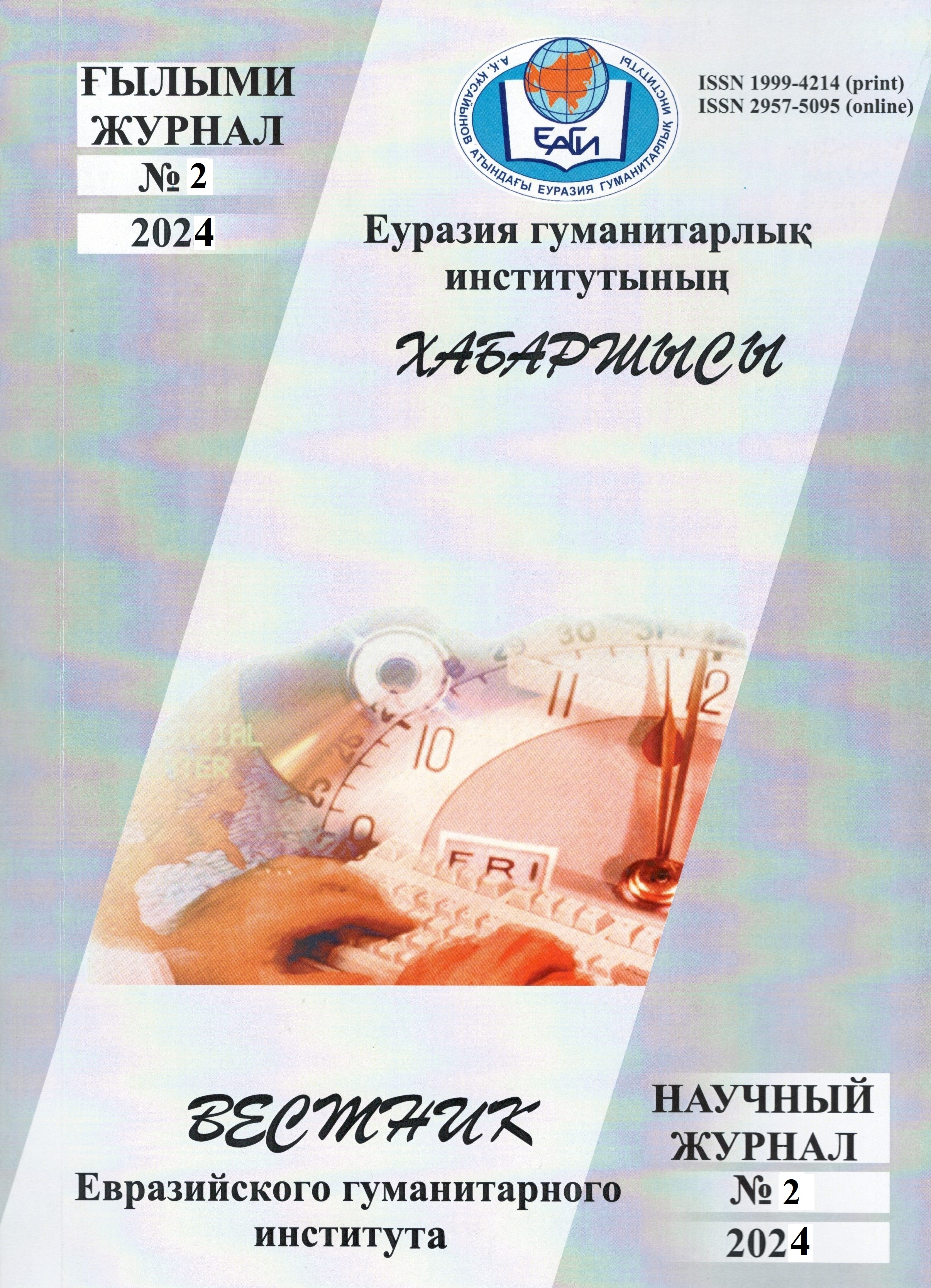CHALLENGES OF BILINGUALISM: CODE-SWITCHING AND LANGUAGE DOMINANCE IN THE CONTEXT OF KAZAKHSTAN
DOI:
https://doi.org/10.55808/1999-4214.2024-2.01Keywords:
bilingualism, code-switching, language dominance, language policy, multilingualismAbstract
This research paper explores the dynamics of bilingualism in Kazakhstan, focusing on code-switching and language dominance within the context of the country’s historical, social, and educational landscape. Kazakhstan’s bilingual environment, characterized by the coexistence of Kazakh and Russian, is rooted in its complex history, from the Russian Empire’s influence on the Soviet era’s policies, which promoted Russian as the dominant language. Following independence in 1991, Kazakhstan has made significant efforts to revitalize Kazakh while maintaining Russian as a vital link to the global community. This study examines the theoretical framework of bilingualism, highlighting the types and implications of code-switching and the factors influencing language dominance. Through analysis of code-switching patterns, linguistic characteristics, and the impact of language dominance on cognitive, academic, and socio-economic outcomes, the paper sheds light on the challenges and implications for bilingual education, social integration, and policymaking in Kazakhstan. The findings underscore the need for balanced language instruction, inclusive policies, and cultural initiatives to foster a multilingual society that values both Kazakh and Russian, ensuring equitable opportunities for all citizens.


 Қазақ тілі
Қазақ тілі
 Русский
Русский
 English
English








